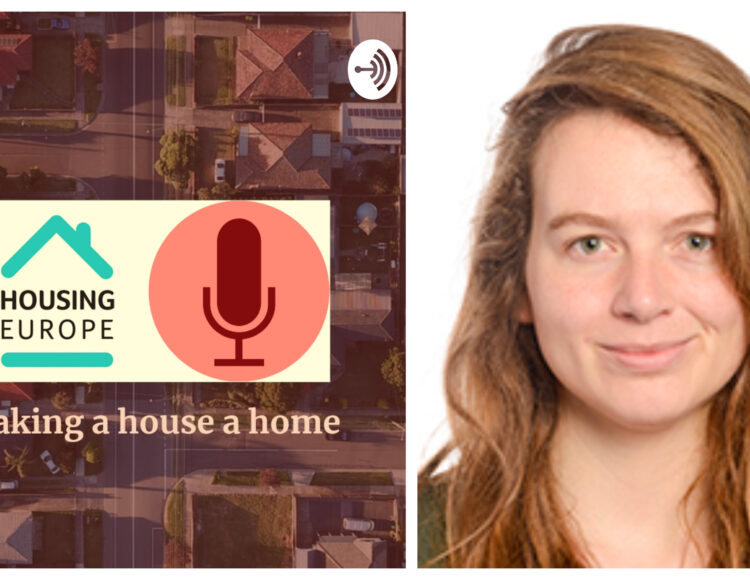After discussing the EU Green Deal and its ambition for a Renovation Wave, today we’re heading back to the European Parliament to meet one of its Dutch Members with the Greens, Kim van Sparrentak.
Kim is currently rapporteur of the European Parliament upcoming own initiative report on “Decent and Affordable Housing for All” and the timing unfortunately couldn’t have been more appropriate given that the Coronavirus Crisis has brought to surface Europe’s housing challenges for good. During our phone call, we asked Kim van Sparrentak how the ‘Coronavirus Housing Crisis’ we have already talked about in one of the previous podcasts of this series is reflected in her report. How can the EU Green Deal and its Renovation Wave, in particular, be a win win for the housing sector? And most importantly, what are the tools that Brussels should add to the national policy toolboxes when it comes to housing?
